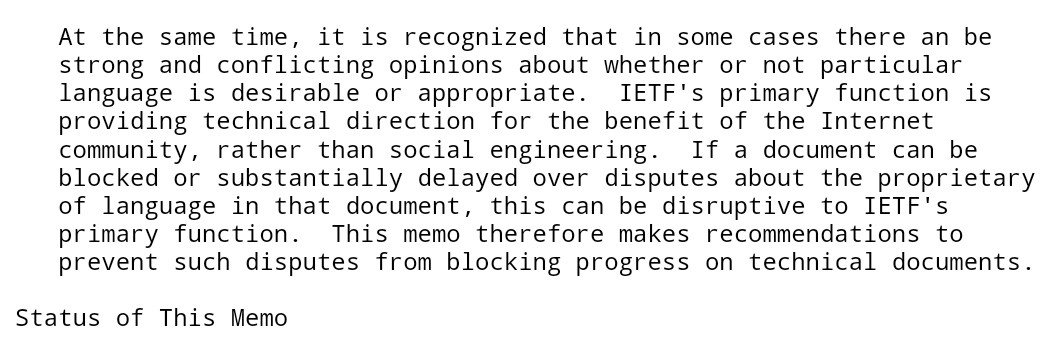All Regional Internet Registries, gathered in the Number Resource Organization, ask @ICANN for full transparency on all documents pertaining the sell or .org by @internetsociety to private equity.
aso.icann.org/aso-issues-ins…
#savedotorg
aso.icann.org/aso-issues-ins…
#savedotorg
What is so interesting about this is that the numbering organizations mostly do not get involved with the 'naming'-side of things in @ICANN. They mostly focus on IP addresses and ASNs.
That they leverage their 'newly' minted powers is a big step, and a test.
#IANAtransition
That they leverage their 'newly' minted powers is a big step, and a test.
#IANAtransition
Now we will see whether the accountability mechanisms that have been put in place during the IANA stewardship transition will actually work.
The damage @internetsociety has done to itself is now so big that the president and the board of trustees can do nothing but step down.
The damage @internetsociety has done to itself is now so big that the president and the board of trustees can do nothing but step down.
If the numbering organizations, which generally are very conservative in their opinions, take such a strong position against you, and you don't see or admit you've done something wrong.....
.... it is really time to go.
.... it is really time to go.
• • •
Missing some Tweet in this thread? You can try to
force a refresh









